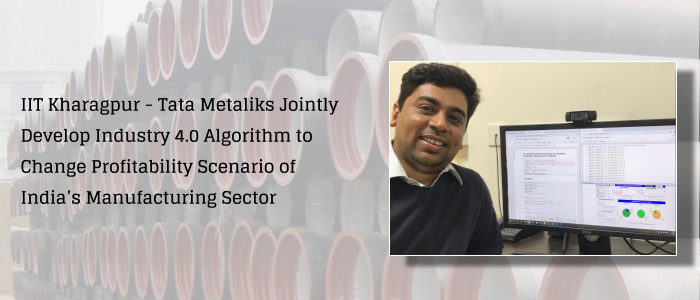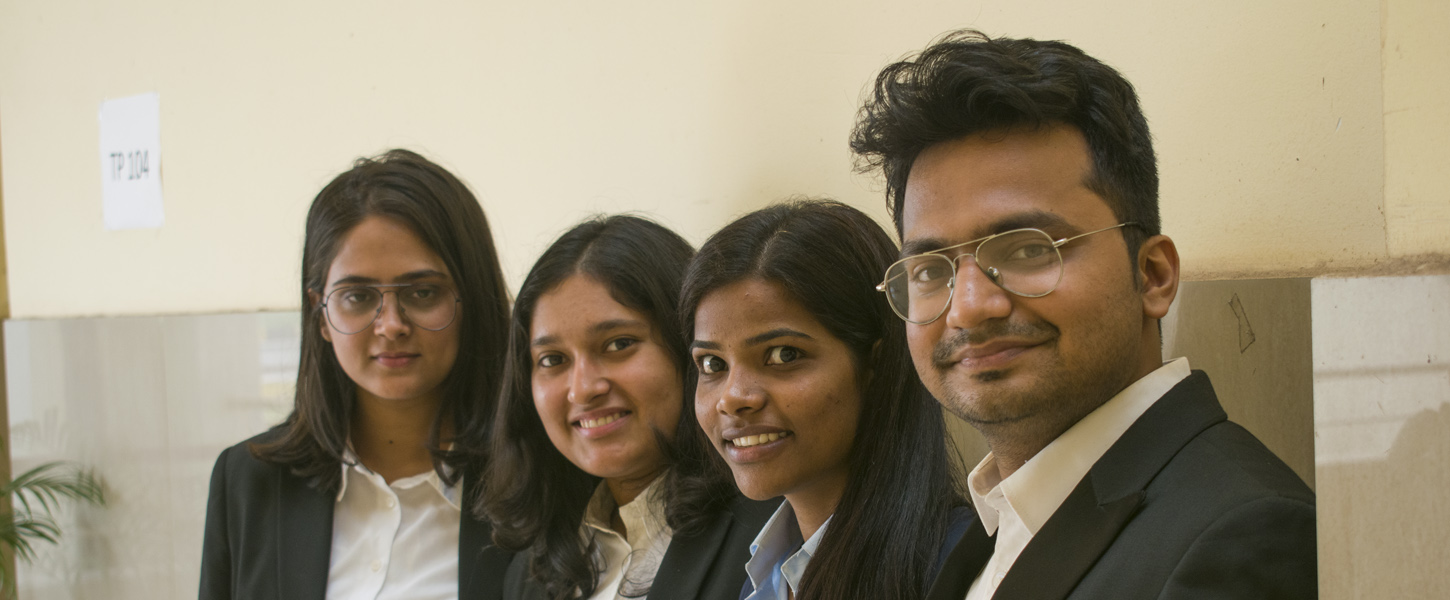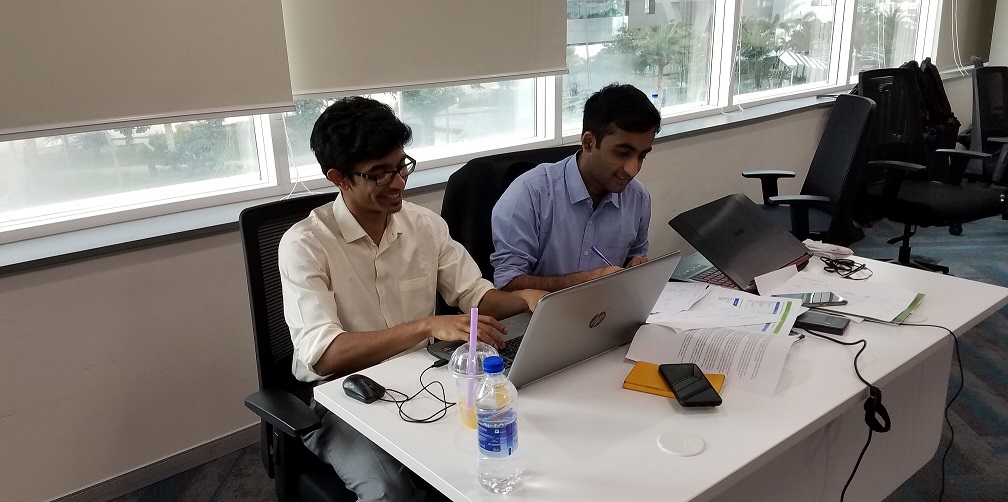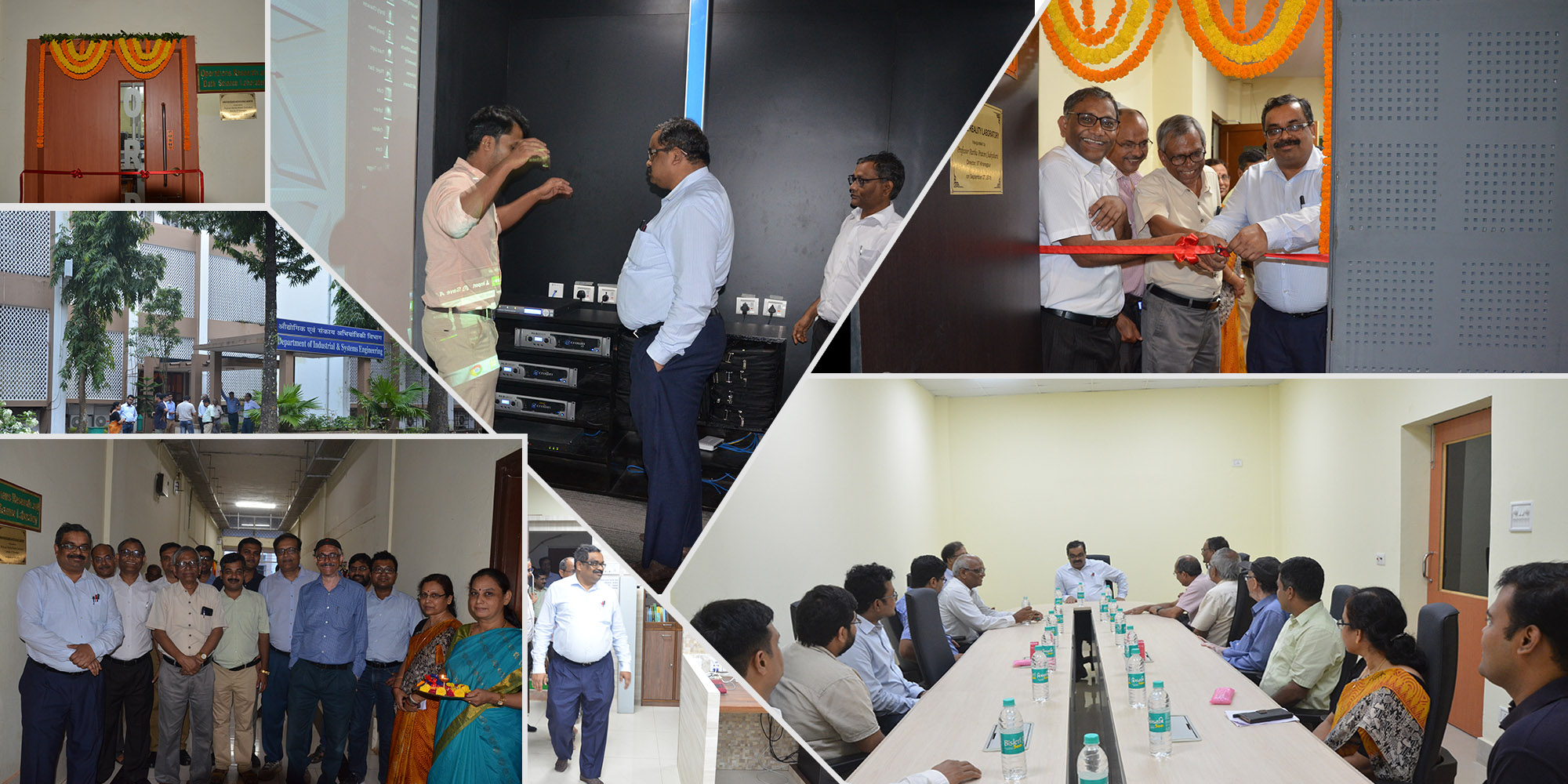
New Algorithm to Augment Industrial Profitability
IIT Kharagpur - Tata Metaliks Jointly Develop Industry 4.0 Algorithm to Change Profitability Scenario of India’s Manufacturing Sector Researchers at the Centre of Excellence for Advanced Manufacturing Technologies, IIT Kharagpur have developed a predictive maintenance algorithm to improve the profitability of production jobs through substantial savings in Productivity, Downtime, Cost and Manpower. The data-driven predictive maintenance module has been successfully tested by Tata Metaliks for user-level acceptance. The algorithm has been developed at the Centre of Excellence for Advanced Manufacturing Technologies, by a team led by Prof Akhilesh Kumar, Associate Professor, Dept. of Industrial Systems Engineering. Deployed on a gearbox…



